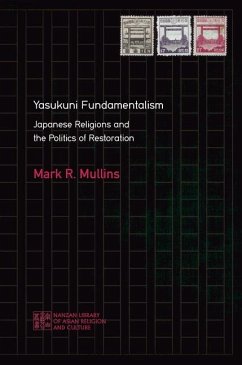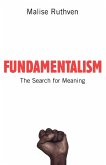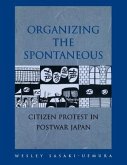"Recent decades have seen a rise in religious nationalism and fundamentalism around the world. This book focuses attention on a Japanese expression of fundamentalism and neonationalism based on Shinto and symbolically centered on Yasukuni Shrine. The Shinto tradition is often seen as a very tolerant expression of religion that allows for diverse forms of belief and practice, but when closely tied to the interests of the state or political power it can be used to legitimize coercion in public life and institutions. This became particularly apparent in wartime Japan and has reappeared in the postwar period in what has been identified as expression of "Yasukuni fundamentalism," a movement that seeks to revive and restore the social order and values expressed in the Emperor-centered form of Shinto that existed before the end of the Second World War. Yasukuni fundamentalists not only want to recover and revitalize the tradition disestablished by the Allied Occupation of Japan, but also seek to impose it on the larger public through the re-nationalization of Yasukuni Shrine, revision of the postwar Constitution, and reform of the public school system. This book examines the growth of this neonationalist movement in post-disaster Japan, the social conflict generated by their political agenda, and the various forms of opposition by religious leaders and groups, as well as public intellectuals, to the reappearance of coercion the public sphere"--
Hinweis: Dieser Artikel kann nur an eine deutsche Lieferadresse ausgeliefert werden.
Hinweis: Dieser Artikel kann nur an eine deutsche Lieferadresse ausgeliefert werden.







